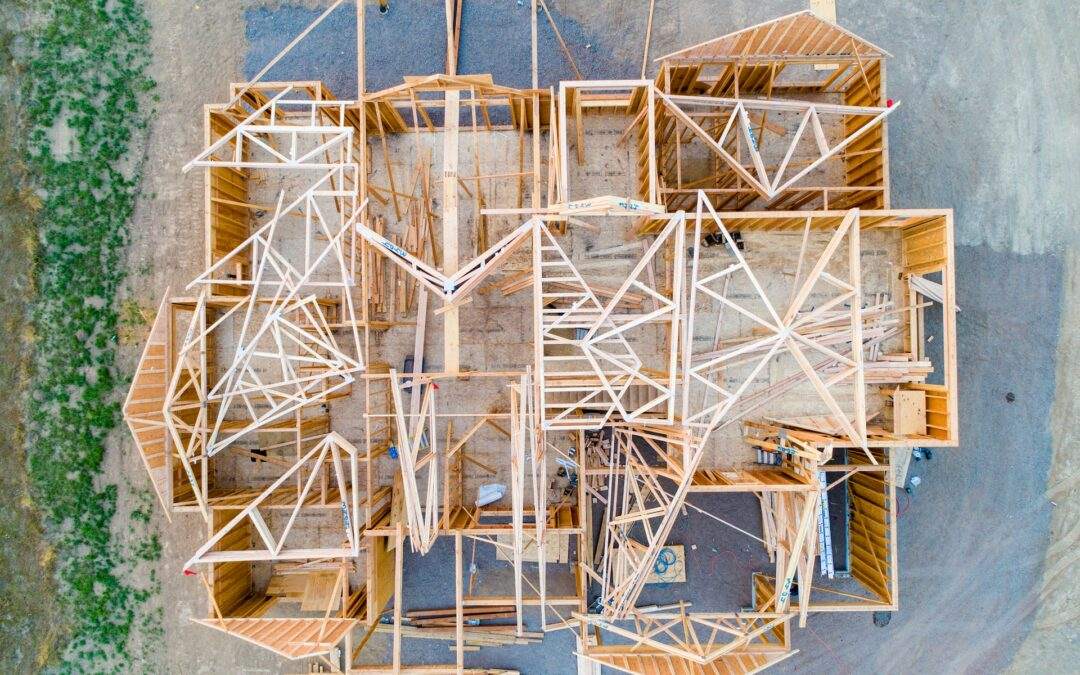Building a custom home is an exciting process that allows you to create a space that perfectly suits your needs and preferences. One of the most crucial decisions you’ll make when designing your custom home is its size. The size of your home will impact not only its cost but also its functionality and comfort. In this article, we’ll explore some factors to consider when choosing the best size for your custom home.
Understanding Your Needs and Lifestyle
The first step in determining the size of your custom home is to understand your needs and lifestyle. Consider your family’s size and how many bedrooms and bathrooms you’ll need. Think about your hobbies and interests and whether you’ll require extra space for a home gym, an office, or a music room. If you enjoy hosting family and friends, you may want to include a spacious living room or a large dining area.
Analyzing Your Budget
Once you have a clear idea of your needs, you should analyze your budget. Custom homes come in a wide range of sizes and styles, and their costs vary accordingly. A larger home will generally cost more than a smaller one, but there are other factors to consider, such as the materials used, the level of customization, and the location. Keep in mind that the size of your home will impact not only its construction cost but also its maintenance and energy bills.
Considering the Resale Value
While your custom home is designed to meet your specific needs, it’s also important to consider its resale value. You may not plan to sell your home anytime soon, but life is unpredictable, and circumstances can change. A home that’s too small may not appeal to future buyers, while a home that’s too large may be difficult to sell in a slower market. Ideally, your custom home should be a balance between your current needs and potential future buyers’ preferences.
Evaluating the Lot Size and Topography
The size of your lot and its topography are critical factors to consider when choosing the size of your custom home. A smaller lot may limit your home’s footprint, while a larger lot may allow for more flexibility. If your lot has a steep slope or other challenges, you may need to adjust your home’s size to accommodate them. It’s also essential to consider the zoning regulations and building codes in your area, as they may impose restrictions on the size and height of your home.
Assessing the Neighborhood and Surroundings
Your custom home should fit in with the neighborhood and surroundings while still reflecting your style and personality. A home that’s too large or too small may look out of place and affect the property values of neighboring homes. Consider the size and style of nearby homes and whether your home’s size will complement or clash with them. Also, think about the surroundings, such as the landscape, views, and outdoor living areas, and how they’ll affect your home’s size and design.
Balancing Space and Functionality
When choosing the size of your custom home, it’s essential to balance space and functionality. A larger home may offer more space, but it may also be more challenging to maintain and furnish. A smaller home may be easier to maintain, but it may also feel cramped and limit your lifestyle. Consider the flow of your home and how you’ll use each room, and make sure that each space is functional and comfortable.
Designing for Your Future
Finally, when choosing the size of your custom home, it’s essential to think about your future. You may not need a large home now, but as your family grows or your lifestyle changes, you may require more space. Alternatively, you may want to downsize in the future and choose a smaller home that’s easier to maintain. Design your home with your future in mind, and consider whether it’s flexible enough to adapt to your changing needs.
Conclusion
Choosing the best size for your custom home is a crucial decision that requires careful consideration. Understanding your needs and lifestyle, analyzing your budget, considering the resale value, evaluating the lot size and topography, assessing the neighborhood and surroundings, balancing space and functionality, and designing for your future are all essential factors to consider. By taking the time to plan and design your custom home, you’ll create a space that perfectly fits your needs and provides comfort and functionality for years to come.

